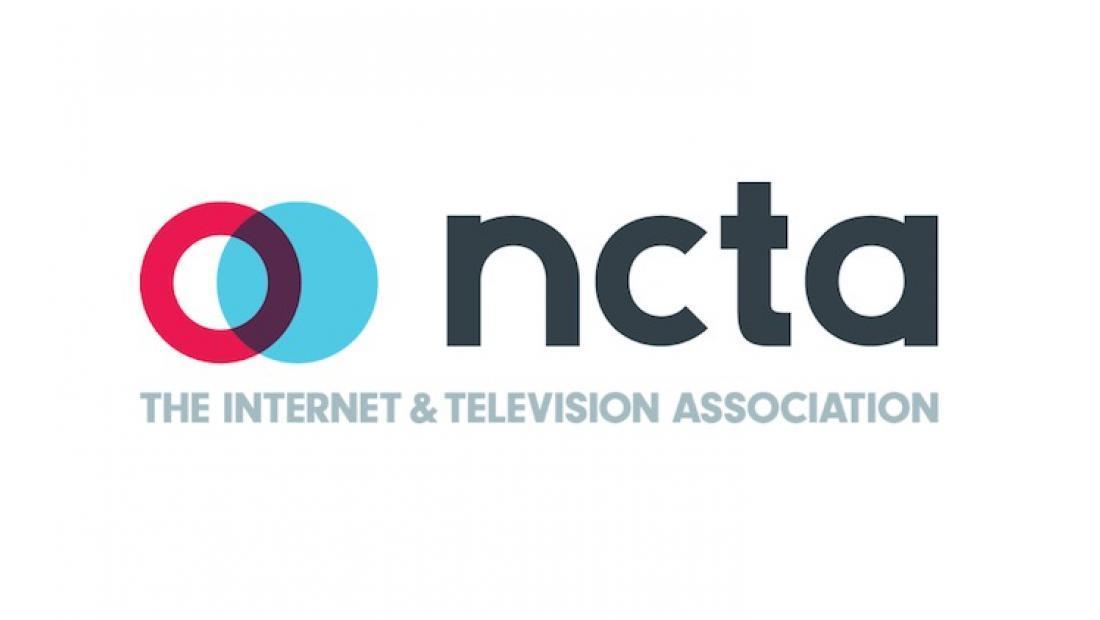NCTA to FCC: Scrap E911 Notification Acknowledgement Mandate

The smarter way to stay on top of the multichannel video marketplace. Sign up below.
You are now subscribed
Your newsletter sign-up was successful
NCTA-The Internet & Television Association, says it is time for the FCC to remove some of the interconnected VoIP (cable IP-based phone service) E911 customer notification requirements that stem from when the technology was new.
Currently, the FCC requires those internet phone service providers to obtain and retain the acknowledgement of every sub that they have been informed of, among other things, the impact of power loss and moving customer equipment on their VoIP service, and thus on their E911 capabilities.
NCTA said the proliferation of interconnected VoIP means the market is no longer "nascent" and they have been advising customers of E911 capabilities for a decade.
"Because VoIP providers have been informing customers...and customers understand what they are being told, there is no reason to continue to require that customers provide a one-time acknowledgement of such 911 information, or that providers bear the expense of administrating and storing records of those acknowledgements," NCTA told the FCC in comments on its biennial review of telecommunications rules and regs.
NCTA pointed out that when the FCC imposed a disclosure requirement on VoIP backup batteries--which are needed in power outages to keep the phone lines open--it included no similar subscriber acknowledgement provision.
NCTA said its members remain committed to ensuring their customers get the information, both at point of sale and afterwards, including on their web sites and in texts, so that repealing the one-time customer acknowledgement requirement won't adversely affect their customers.
NCTA also said the FCC should eliminate the 30-day notification requirement for applying for numbering resources directly from state commissions, which does not apply to other voice providers. The requirement dates from the 2015, when the FCC first allowed interconnected VoIP providers to apply directly for numbers rather than going through a local exchange carrier and wanted to monitor the process for numbering issues.
The smarter way to stay on top of the multichannel video marketplace. Sign up below.
"It has been nearly four years since that order was adopted and no numbering exhaust issues have arisen related to interconnected VoIP providers’ numbering requests," NCTA said. Then pointed to the fact that other providers have no such requirement. "Moreover, potential number exhaust is a function of the numbering resources requested in aggregate by all service providers, irrespective of technology."
Contributing editor John Eggerton has been an editor and/or writer on media regulation, legislation and policy for over four decades, including covering the FCC, FTC, Congress, the major media trade associations, and the federal courts. In addition to Multichannel News and Broadcasting + Cable, his work has appeared in Radio World, TV Technology, TV Fax, This Week in Consumer Electronics, Variety and the Encyclopedia Britannica.

